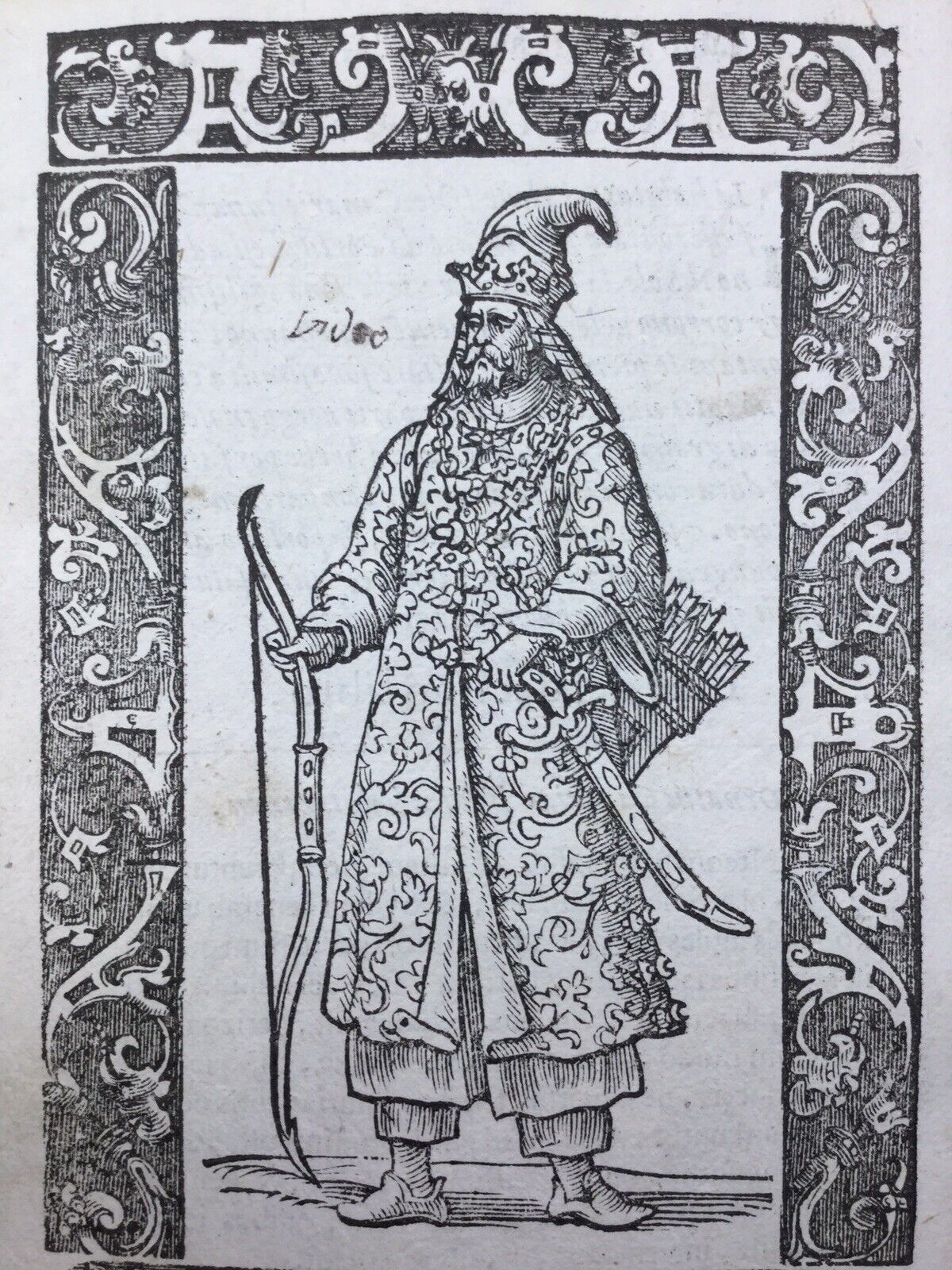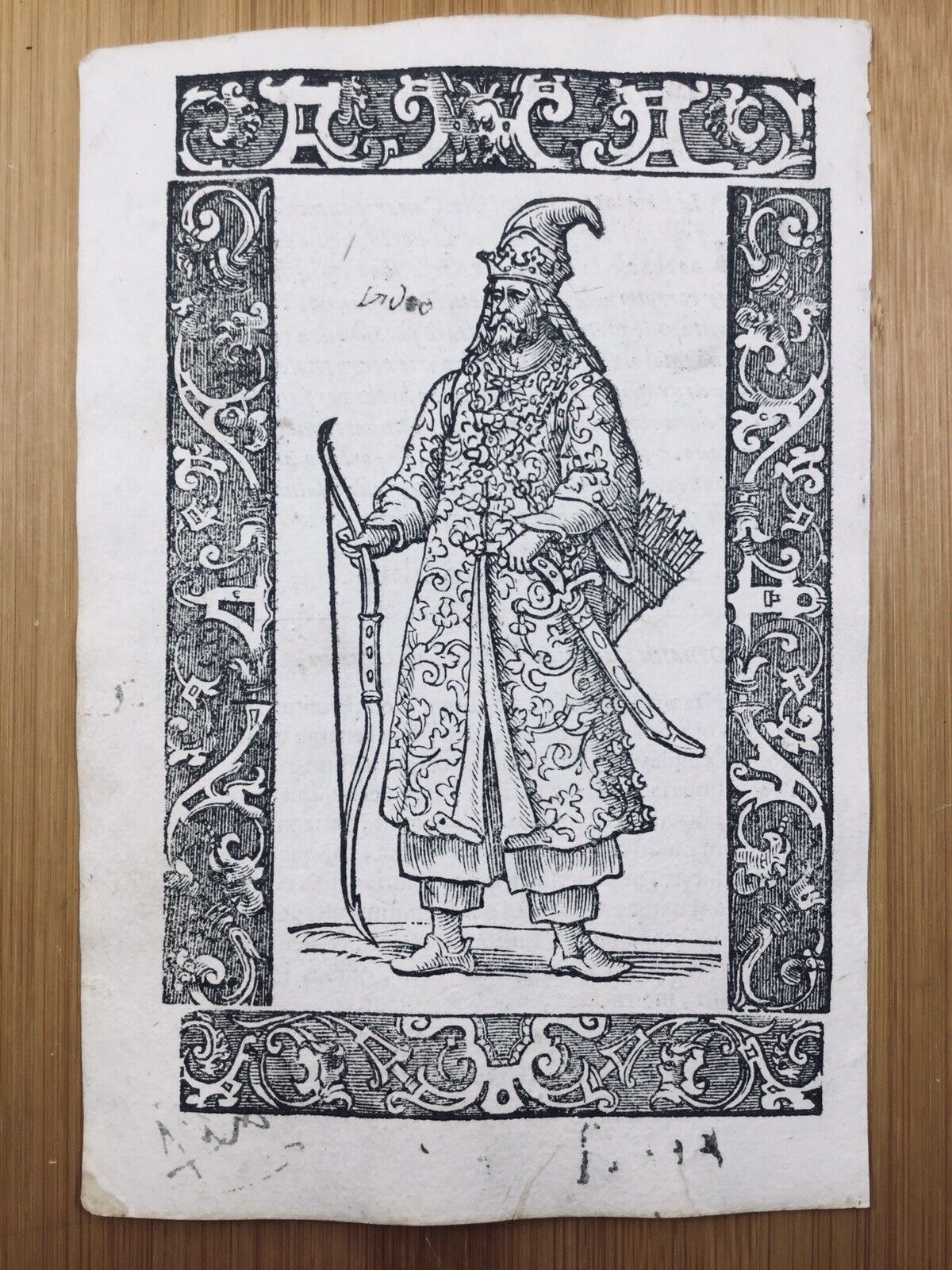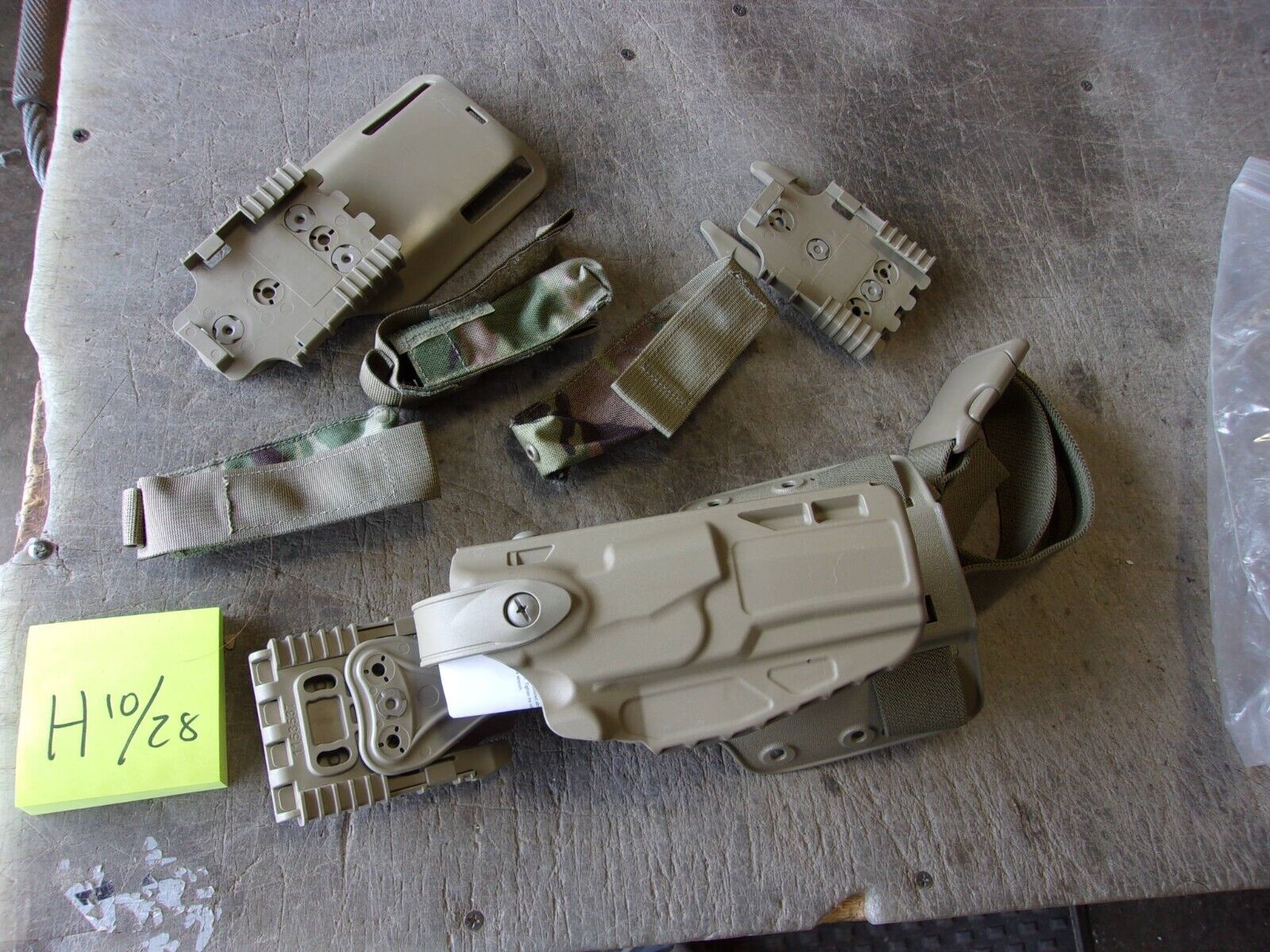-40%
Large Khan Of Tartars 1598 Army Mongolian Extremely Rare Engraving On Wood
$ 34.28
- Description
- Size Guide
Description
Extremely rare wood engraving published in 1598 in Venice in Italy of the great Khan of the Tartars (Title of the engraving gran cane di tartari). This extraordinary testimony to costumes and fashion is certainly one of the first iconographic representations of soldiers from this region of the Ottoman Empire in the 16th century.This exceptional engraving is taken from the rare work by Vecellio Cesare published in 1598 in its second edition. On the back of the engraving a text in Latin and Italian which does not necessarily correspond to the image.
VECELLIO, Cesare (1521-1601). Habiti antichi et moderni di tutto il Mondo. Venice: Giovanni Bernardo Sessa, 1598.
Second edition, largely enriched, of this major collection of the history of the book of costumes, copy elegantly bound by Derome. With the great discoveries and the commercial and diplomatic ties being forged, Europe is becoming increasingly curious about other cultures. Picturesque costume books were then particularly Vogue , especially in the Venice region, where several titles appeared in the second half of the 16th century. Vecellio's collection is probably the most famous example of this production. This second edition is considerably enriched compared to the previous one, with just under a hundred additional plates. Brunet, Suppl. II, col. 852; Colas, II, 2977; von Liepperheide, No. 22; Carboni and Kennedy, “Islamic Art and Culture: The Venetian Perspective.” in Heilbrunn Timeline of Art History. New York: The Metropolitan Museum of Art, 2000.
Superb engraving. Original edition. Size 17.5/12 cm. Good condition for a document that is over 400 years old.
We only sell genuine documents
We accept payment by check
We have many historical documents and engravings from the time of the French revolution, the old regime and the Empire on our EBay store.
Second edition, largely enriched, of this major collection of the history of the book of costumes, copy elegantly bound by Derome. With the great discoveries and the commercial and diplomatic ties being forged, Europe is becoming increasingly curious about other cultures. Picturesque costume books were then particularly Vogue , especially in the Venice region, where several titles appeared in the second half of the 16th century. Vecellio's collection is probably the most famous example of this production. This second edition is considerably enriched compared to the previous one, with just under a hundred additional plates. Brunet, Suppl. II, col. 852; Colas, II, 2977; von Liepperheide, No. 22; Carboni and Kennedy, “Islamic Art and Culture: The Venetian Perspective.” in Heilbrunn Timeline o












